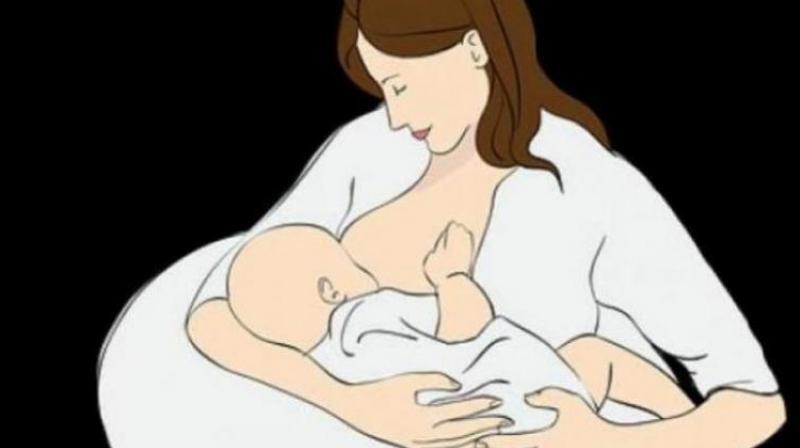World Breastfeeding Week: Here's the age when you must stop nursing your child

Breast milk is packed with nutrients that encourage a healthy immune system and ensures that the baby is protected from Sudden Infant Death Syndrome (SIDS), middle ear infections, diabetes and decreases the risk of developing psychological disorders.
Breastfeeding also has a positive effect on the mother. According to experts, it reduces the chances of breast and ovarian cancer, reduces uterine bleeding after birth, burns extra calories, etc.
"The World Health Organisation (WHO) recommends exclusive breastfeeding for the first six months; after that, complementary feeding is to be introduced. Breastfeeding should however continue till at least one year of age. After that, if the baby and mother both mutually chose to continue, breastfeeding can be continued for up to two years of the baby's age," said Dr Asmita Mahajan, SL Raheja Hospital, Mahim.
The 'wean off' stage may be different for different mothers. For instance, a stay-at home mom can continue to breastfeed for longer; a working mom may be forced to wean off earlier. This stage may pass; however, your baby may still demand breast milk.
According to Dr. Sushma Tomar, Obstetrician and Gynecologist at Fortis Hospital, Kalyan, breastfeeding is a maternal superpower and should not be given up prematurely.
"If your child demands breast milk after six months, you must add in supplements because the baby needs other nutrients too. Breast milk does not lose its nutritional value even after it is given after some duration. It depends upon the comfort of the mother and the child, for the duration of breastfeeding could range from one year to three years," said Tomar.
She concluded that since humans are designed to nurse beyond babyhood, breast milk does not have any expiry date; so it all comes down to how long the mother and the child wish to continue with breastfeeding.

